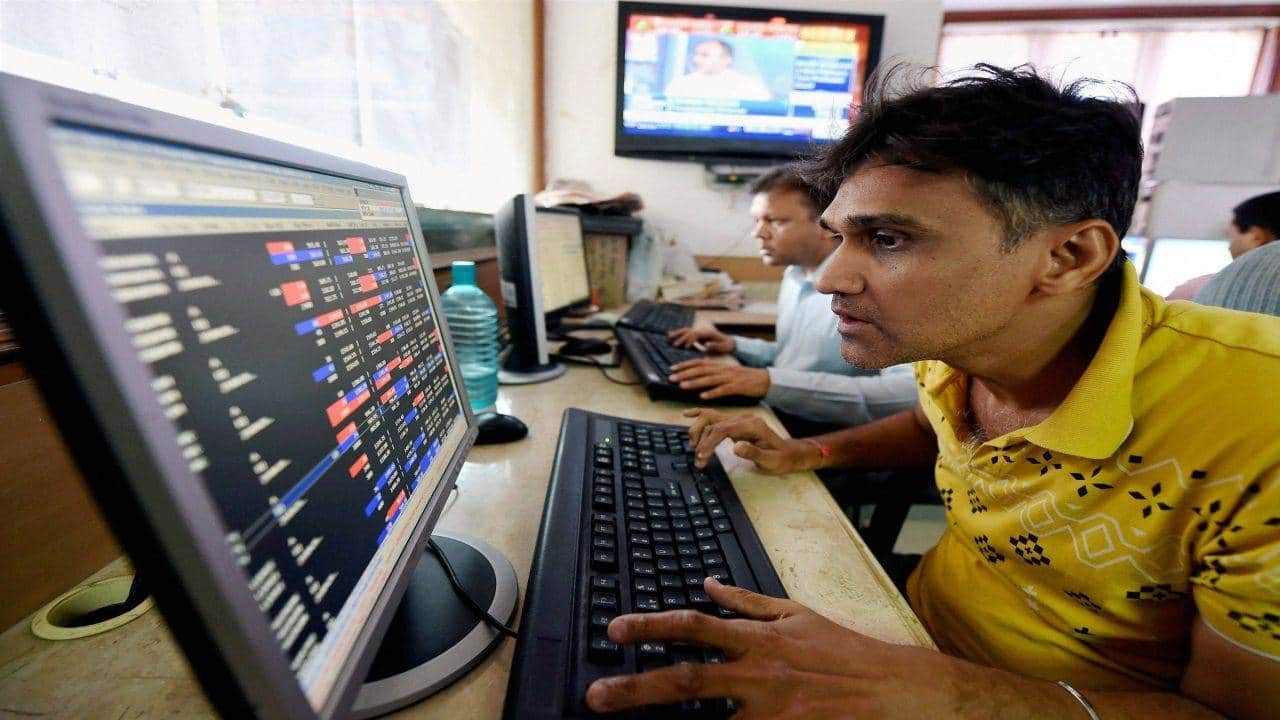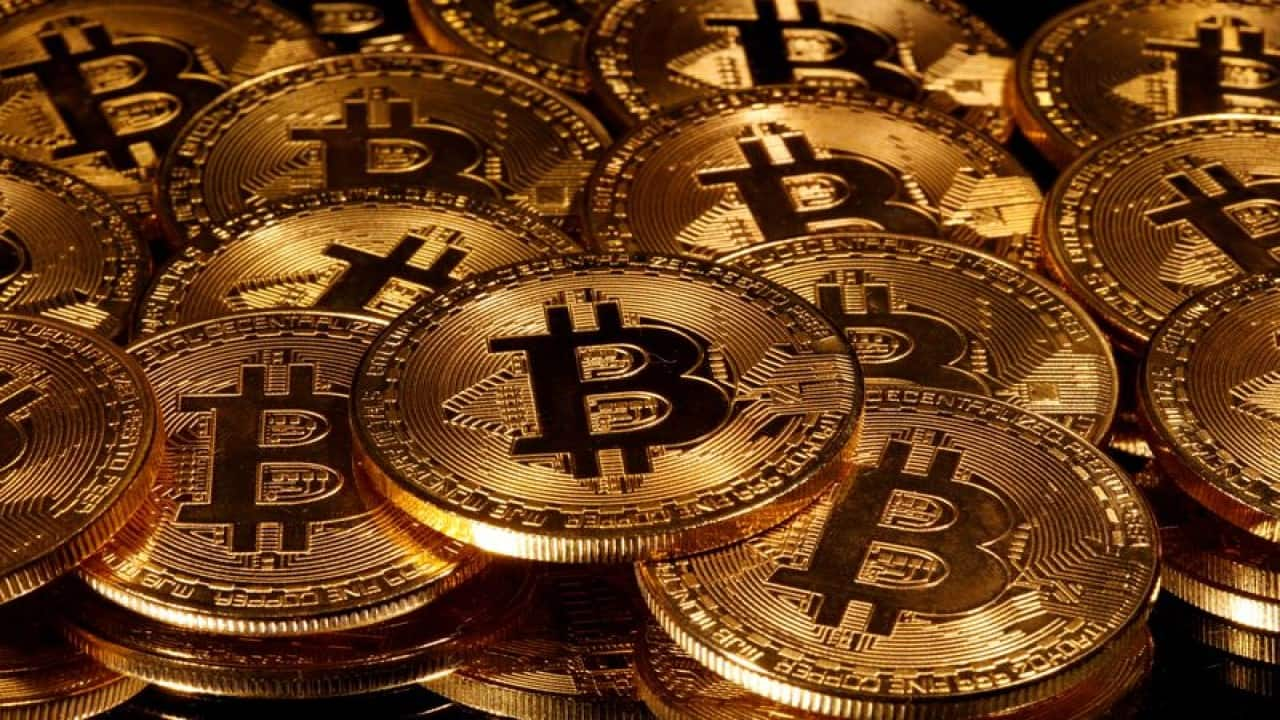Despite Covid-19 pandemic, securities transaction tax collection rises 42% so far in FY21
STT collection between April and December 2020 is Rs 10,805 crore, as against Rs 7,574 crore in the same duration last year.
December 30, 2020 / 04:55 PM IST
Despite the economic fallout of the pandemic, the collection of securities transaction tax (STT) has risen 42 percent so far in 2021-21.
STT collection between April and December 2020 is Rs 10,805 crore, as against Rs 7,574 crore in the same duration last year, Business Standard reported citing sources in the Central Board of Direct Taxes (CBDT).
The government has a target of collecting STT worth 13,000 crore this financial year, the report added.
Total tax collected from the stock market so far in FY21 is Rs 11,431 crore, after including commodity transaction tax (CTT) collection of Rs 625 crore, the report said.
Also read: Exclusive | October-December quarter advance corporate tax collections 49% higher year-on-year Moneycontrol could not independently verify the story.
Though benchmark indices plunged in March due to the COVID-19 pandemic, signs of economic recovery and positive news on vaccines has helped the stock market bounce back.
The S&P BSE Sensex and Nifty50 have rallied more than 70 percent each since April, and will close 2020 with double-digit gains.
Equity markets caused the tax paid on profits by mutual fund (MF) unit holders to increase by 84 percent, Business Standard reported.
Companies holding units of MFs have paid taxes worth Rs 1,156 crore, much higher than Rs 625 crore the previous year, the report added.











_2020091018165303jzv.jpg)


























